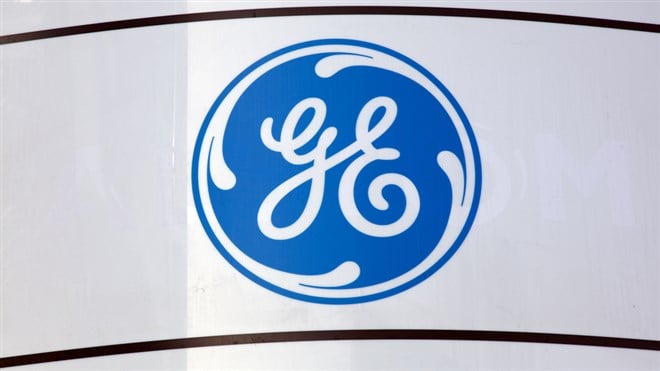 General Electric (NYSE: GE) has been hit by several downgrades recently, leaving some investors wondering if it represents a good time to buy this stock. General Electric is trading at a 58.2% upside to the MarketBeat consensus price target. This upside was reduced recently with a notable downgrade by Morgan Stanley (NYSE: MS), where analysts slashed its price target to $95, down from $100. The reason for the downgrade is that the bank does not expect GE to perform well in the immediate timeframe.
General Electric (NYSE: GE) has been hit by several downgrades recently, leaving some investors wondering if it represents a good time to buy this stock. General Electric is trading at a 58.2% upside to the MarketBeat consensus price target. This upside was reduced recently with a notable downgrade by Morgan Stanley (NYSE: MS), where analysts slashed its price target to $95, down from $100. The reason for the downgrade is that the bank does not expect GE to perform well in the immediate timeframe.The Bear Case of Investing In GE
Some factors currently go against investing in General Electric. There have been 14 negative EPS revisions in the last 90 days for the company, driven partially by the fact that it missed its GAAP EPS by $0.85 last quarter. When the company announces earnings later this month, it is expected to post a revenue reduction of 2.06%, with total revenue of $17.90B.When some metrics of GE's stock are compared to the sector median, they do not stack up attractively. The company's YoY revenue growth stands at 1.02%, compared with the sector median of 18.45%, or a -94.47% difference. General Electric's valuation is also expensive when using several ratios. Its FWD P/E GAAP ratio stands at 38.28, while the median is 16.64. However, its forward Price / Sales ratio fares slightly better at 0.97 compared with 1.24, but it's still arguably not compelling enough to consider investing on this basis alone.
The Bull Case of Investing In GE
For GE, In some areas of its business, it does exceedingly well compared to its peers. For one, its cash from operations is exceptional at $4.74B compared to the median's 178.05M. Its levered free cash flow margin is also high at 57.92%, compared with 6.69% for the median. Furthermore, GE shows exceptional internal efficiency with an FWD EBITDA growth of 30.03% compared to the sector median of 12.47%.
GE Vs. Siemens
Siemens (OTCMKTS: SIEGY) is worth comparing to GE as they are both giants in the industrial sector. Furthermore, both companies are evenly matched in terms of market cap. GE has a market cap of 73.46B, while Siemens has a market cap of $85.95B. Although Siemen's stock is slightly higher than GE's, it has a significantly higher number of employees at 303,000 compared with 168,000. Wall Street also has a different opinion on Siemens than it does GE, as it's currently rated a strong buy, while GE only holds the rating of buy.
The returns between the companies over the last ten years could not be more different. Siemen's return stands at 80.13%, while GE's return is a negative -45.19%. The performance YTD of these companies is similar as GE has a -29.21% return and Siemens a -35.89% return.
Siemens is a clear winner when it comes to dividends. The company pays a dividend of $2.27 while GE pays only $0.32. The difference in yield between the companies is 0.48 for GE and 4.21% for Siemens.
In terms of valuation, the companies are evenly matched on a Price / Sales ratio. GE has a P/S ratio of 0.99 and Siemens 1.17.





